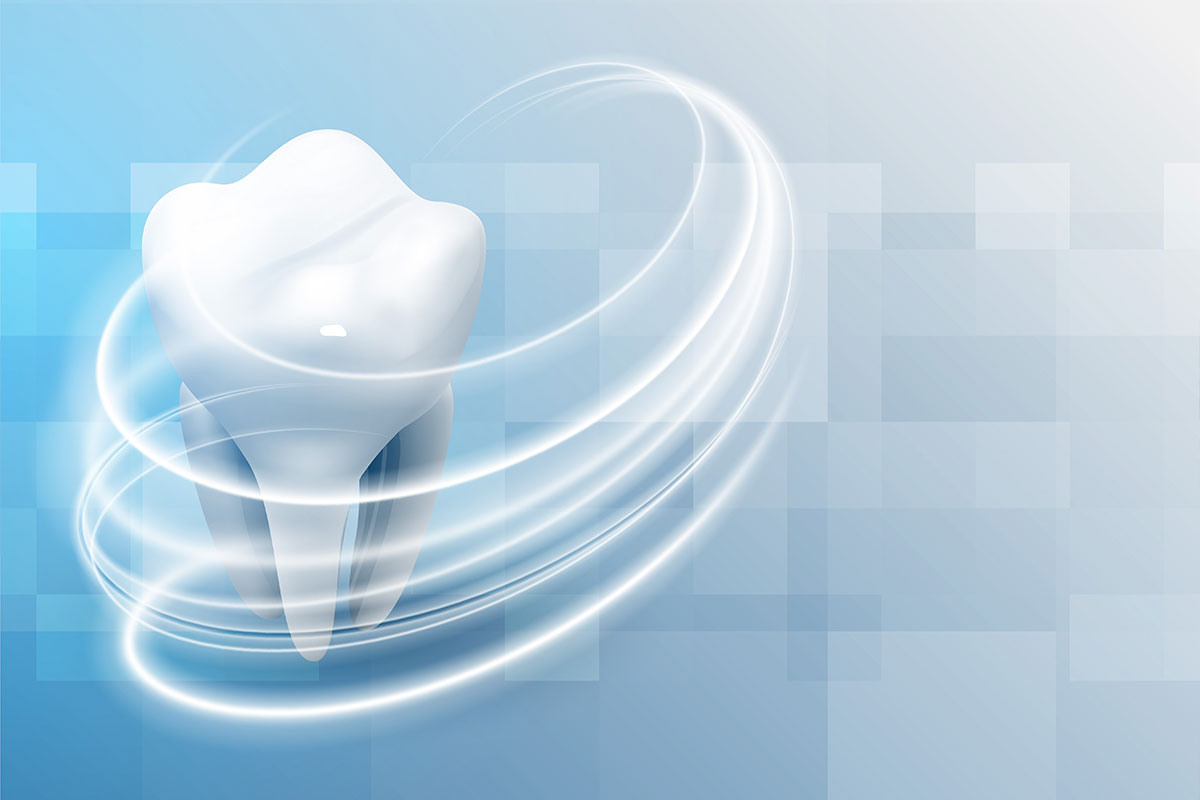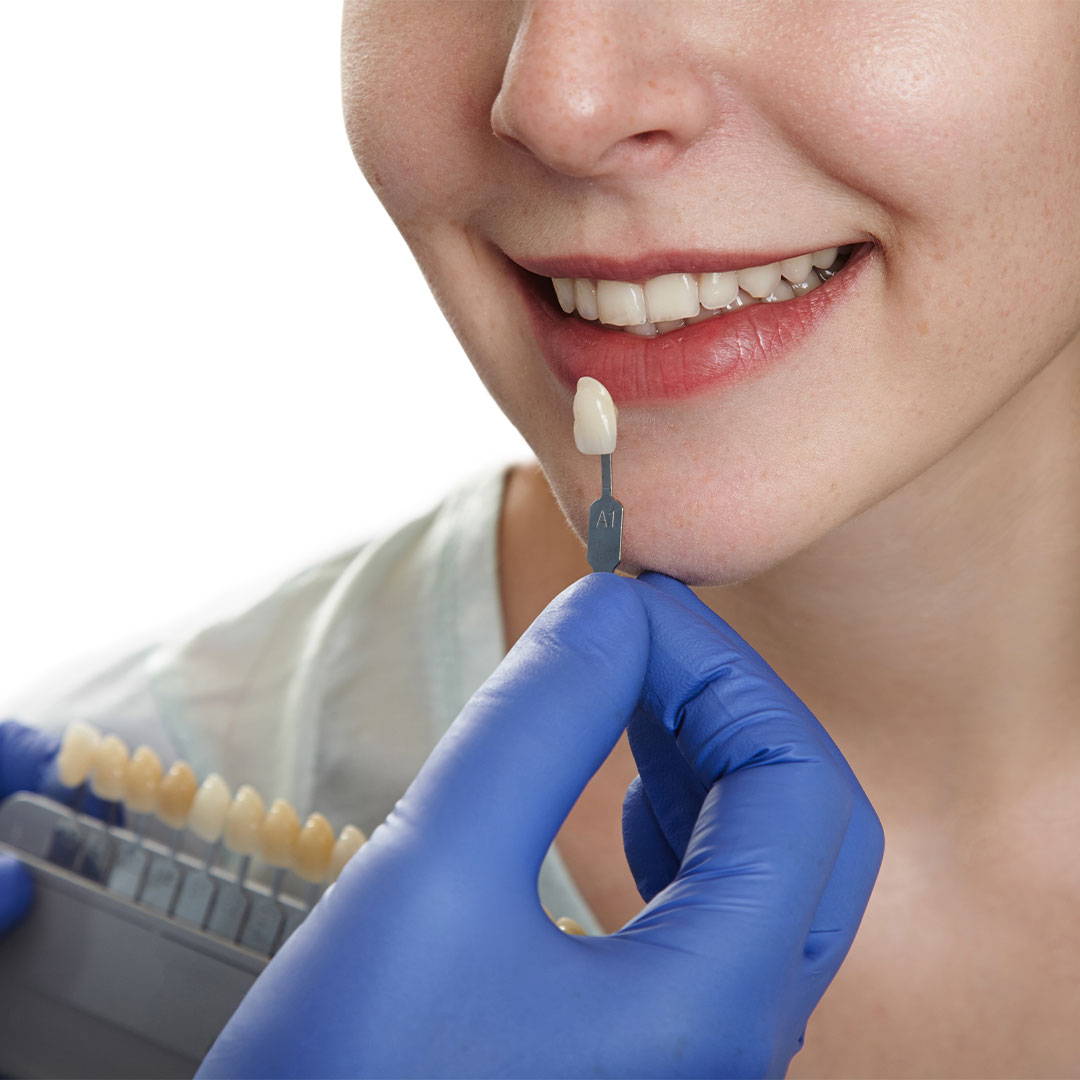Zirconium Veneer, also known as Aesthetic Prostheses, creates a 100% natural smile with its higher biocompatibility and translucency.
Zirconium veneers made on natural teeth or implants provide excellent aesthetics, smile desire and full confidence during chewing.
In terms of its advantages, it is a very preferred method in recent years.

Zirconium dental veneer Advantages?
Zirconium dental veneers are a popular option for those who want to improve the appearance of their teeth. Here are some advantages of zirconium dental veneers:
Aesthetics
Zirconium dental veneers are highly aesthetic and can create a natural-looking smile. They are translucent and reflect light in the same way as natural teeth, which makes them an ideal option for those who want to improve the appearance of their teeth.
Durability
Zirconium dental veneers are highly durable and can last for many years with proper care. They are resistant to chipping, cracking, and staining, which makes them a popular choice for those who want to invest in a long-term solution.
Biocompatibility
Zirconium dental veneers are made of biocompatible materials, which means they are less likely to cause an allergic reaction or other adverse reactions in the mouth.
Minimal tooth reduction
Zirconium dental veneers require minimal tooth reduction, which means that less of the natural tooth structure is removed during the placement process. This is a less invasive approach than traditional porcelain veneers, which require more tooth reduction.
Easy maintenance
Zirconium dental veneers are easy to maintain and can be cared for in the same way as natural teeth. Regular brushing, flossing, and dental checkups can help ensure their longevity and prevent any issues from developing.
Overall, zirconium dental veneers are an excellent option for those who want to improve the appearance of their teeth and enjoy a natural-looking, durable, and long-lasting solution.
How is dental veneer done and what are the treatment stages?
Dental veneers are thin, custom-made shells of tooth-colored material that are placed over the front surface of the teeth to improve their appearance. Here are the typical treatment stages for getting dental veneers:
Consultation
The first step is to schedule a consultation with a dentist to determine if you are a good candidate for veneers. During this visit, the dentist will examine your teeth and take X-rays to assess their overall health and condition.
Preparation
If you are a good candidate for veneers, the next step is to prepare your teeth for the procedure. This typically involves removing a small amount of enamel from the surface of the teeth to make room for the veneers.
Impression
After your teeth are prepared, the dentist will take an impression of your teeth, which will be used to create the custom veneers. This impression is sent to a dental lab where the veneers will be fabricated.

Temporary veneers
While your custom veneers are being fabricated, you may be given temporary veneers to wear to protect your prepared teeth.
Bonding
Once your custom veneers are ready, you will return to the dentist’s office to have them placed. The dentist will place the veneers on your teeth to check the fit and color, and make any necessary adjustments. Once the veneers are properly positioned, the dentist will bond them to the surface of your teeth using a special adhesive.
Follow-up
After your veneers are placed, your dentist will schedule a follow-up appointment to check the fit and function of your veneers, and to ensure that you are happy with the results.
Overall, the process of getting dental veneers typically takes several appointments over the course of a few weeks. However, the exact treatment stages and timeline may vary depending on your specific needs and the dentist’s recommendations.
Zirconium crown life
Zirconium crowns are a type of dental crown made from zirconia, a strong and durable ceramic material. They are a popular choice for dental restorations because of their strength, natural appearance, and resistance to chipping and cracking.
The lifespan of a zirconium crown can vary depending on various factors such as the patient’s oral hygiene, the quality of the crown, the expertise of the dentist, and the patient’s lifestyle habits. With proper care, a zirconium crown can last up to 15 years or longer.
To maximize the lifespan of a zirconium crown, it is important to maintain good oral hygiene by brushing and flossing regularly, avoiding hard or sticky foods, and visiting the dentist for regular checkups and cleanings. Patients who grind their teeth or clench their jaw may need to wear a night guard to prevent damage to the crown.
If a zirconium crown does become damaged or worn over time, it may need to be replaced. Your dentist will be able to advise you on the best course of action based on your individual needs and circumstances.

How is dental veneer done and what are the treatment stages?
- Anesthesia is applied to the patient in order not to feel pain during the veneer treatment.
- The teeth to be processed are reduced to an appropriate amount and measured.
- Teeth are temporarily glued instead of the teeth that are reduced by filing.
- Tooth color selection is made with the patient.
- Teeth whose measurements are taken on average in 5-7 days are prepared and temporary teeth are removed and replaced.
- Periodic doctor checks are recommended and the patient’s treatment is completed.

